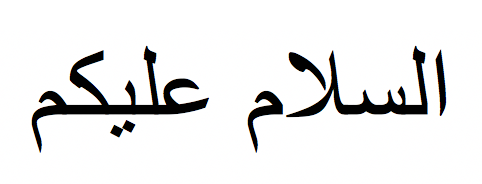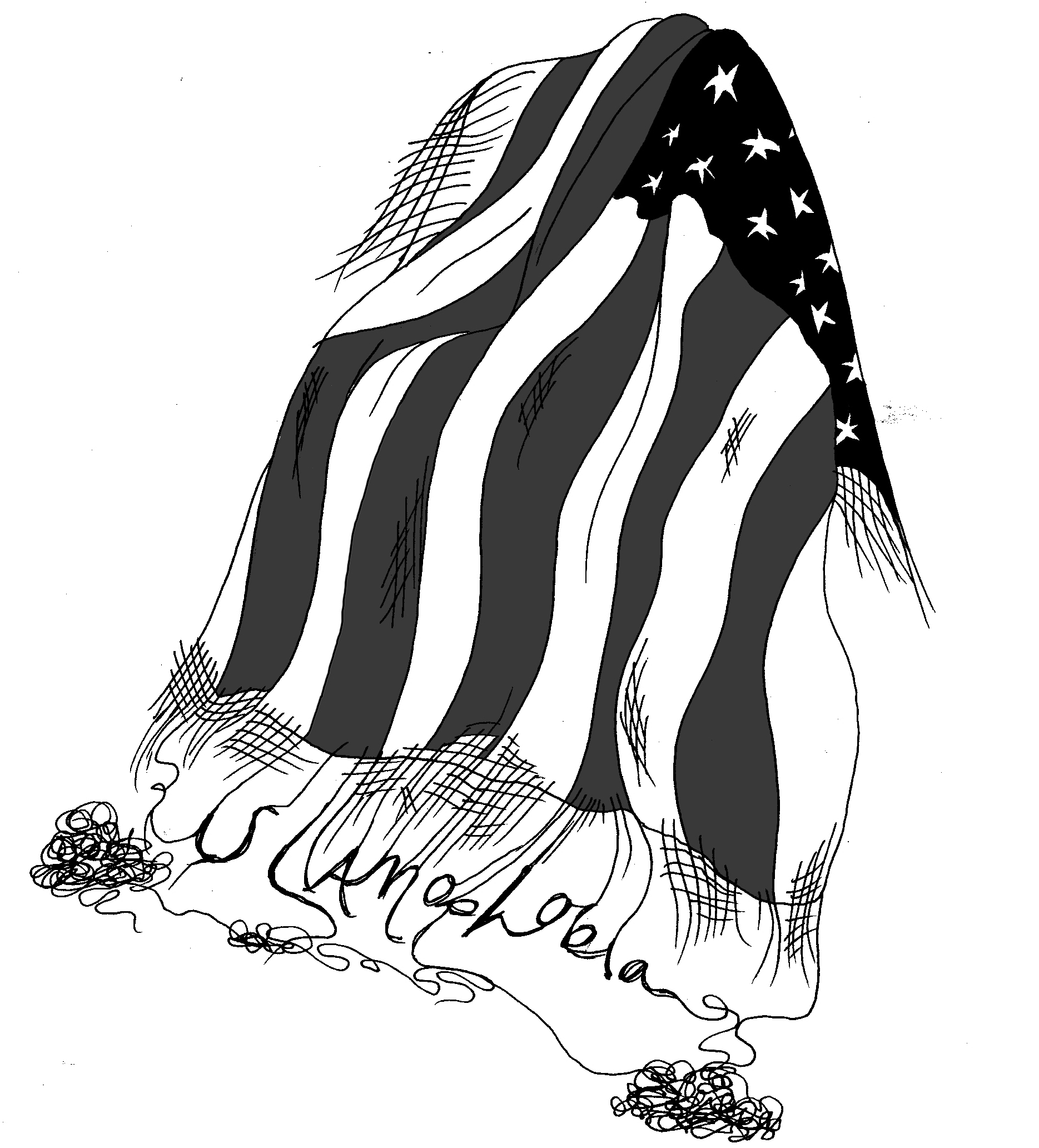Fighting Islamophobia: a call for action
April 6, 2018
 This
piece represents the opinion of the author
.
This
piece represents the opinion of the author
.
Earlier this week, Muslim communities across the U.K. and the U.S. prepared themselves for an escalation of violent threats inspired by “Punish a Muslim Day.” Anonymous letters arrived to the homes of Muslims in England and circulated throughout social media intended to strike fear among Muslim communities. The letter, which boasted horrific “rewards” on a point system, encouraged people to attack and harass Muslims on April 3, from ripping hijabs from Muslim women to throwing acid on Muslims. While the origin of this heinous letter is still unknown and there were no major incidents that day, the letter successfully achieved its intended goal: to strike fear in the hearts of Muslims and inspire hate from others.
“Punish a Muslim Day” is not an isolated event; it is not an obscure moment of ugliness from hateful, depraved people. It reflects the structural Islamophobic reality that Muslims in the U.K. and the U.S. must live and navigate through every day. Islamophobia has become embedded in our culture and our politics; it defines and shapes public discourse and obscures and marginalizes a group of innocent people who struggle to live in faith.
Religious freedom is one of America’s most fundamental liberties; it is one of the central pillars upon which our nation was founded. However, from generation to generation, almost every religious group has faced discrimination, hate and violence. Respect and equality have, more often than not, prevailed throughout history but only after principled voices transcended prejudice and hatred. However, American Muslims have had to endure a disturbing wave of bigotry, outright hostility and unrelenting animosity. From attacks on mosques to scathing rhetoric from public officials, namely President Trump, American Muslims have been demonized, berated and attacked for exercising their basic constitutional right to religious liberty.
I am the proud son of a Somali Muslim immigrant. My family escaped a brutal civil war in Somalia in search for a better life. Millions of Americans, from our nation’s inception to the modern day, dreamed of a nation where equality, tolerance and freedom would shape our lives. The same dreams of freedom and opportunity that galvanized people to cross oceans and traverse continents hundreds of years ago draw people like my mother to America today. For my family, when almost everything in our lives was not within our control, Islam was the only thing we had the power and the agency to control. I have had a complicated relationship with my faith. Islam brought stability and comfort to my family and grounded us in an unfamiliar place. But because of my faith, I was a target. My body is covered in scars from fights with people who deemed me as other, who deemed me as inferior, who deemed me as a terrorist. To these people, I represented “Black Hawk Down” and 9/11. So, I have always struggled to reconcile the love and stability my faith gave me and the violence of others I had to endure because of it.
The dangers of Islamophobia are real. The apathy of my peers towards Islamophobia is not only frustrating, but disappointing. We, as a campus, a country and a culture, must have the courage and humanity to have an honest conversation about the implications of Islamophobia. We need leaders who will lead by example and make clear that structural and interpersonal barriers—charged with xenophobic, discriminatory ideologies—against Muslims do not make America great but are antithetical to the very fabric of our country. Equality and religious freedom are the bedrock of democracy. They are enshrined in our Constitution and are not mere formalities to be discarded in difficult times. We all have a responsibility to ensure that we push, challenge and fight to uphold these values.
I ask that we do not capitulate to the hate embodied by “Punish a Muslim Day.” Hate swallows us whole, envelopes us in its shroud and takes our bodies and minds hostage. Hatred brings out the worst in humanity. It is during these times that we are tested, and we must reach out to one another and provide comfort. In times where it appears we are lost to shadows, that is when our eyes can pick up even the most subtle glimpses of light. We cannot define ourselves and others by hate.
For all that my family had to endure, I realize that my faith was my greatest strength. Islam taught me to forgive those who hurt to me, Islam taught me to practice compassion in the face of cruelty and Islam taught me to love myself. To love yourself is the greatest tool of the marginalized, of the oppressed, of those subjugated to live beneath the heels of others. My faith gave me the skills I need to transform my pain into something beautiful. I have lived through the darkest times of my life, only to see the most beautiful things spark through.
Peace be upon you.

Mohamed Nur is a member of the Class of 2019.
Comments
Before submitting a comment, please review our comment policy. Some key points from the policy:
- No hate speech, profanity, disrespectful or threatening comments.
- No personal attacks on reporters.
- Comments must be under 200 words.
- You are strongly encouraged to use a real name or identifier ("Class of '92").
- Any comments made with an email address that does not belong to you will get removed.


Preach my brother. Loving yourself while loving your neighbor…what a beautiful vision. Peace